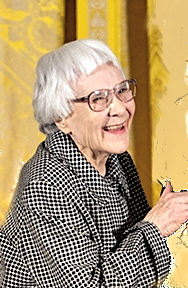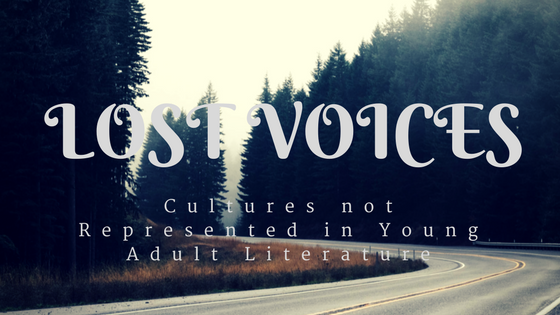For the past couple weeks, I have been stuck on the readings talking about the voices that are not heard in literature. There are biases in novels that I love and in so much literature these days. Young adults cannot identify even as they are searching for similar experiences because they are just not there.
The Dearth of Narrative Voices in Young Adult Literature: A Call for More Young Adult Literature Written by and for Indigenous People, lays out how there are not enough books written for indigenous people by indigenous people, which on one hand seems crazy to me but then when I look at the publishing industry I understand why. Publishers want a certain frame for these kinds of stories and won’t publish the authentic ones. The other problem is that if they do tell these stories, it is not by an indigenous person hardly ever. “The danger, according to Bruchac, in not portraying students’ culture accurately is that they may feel that their world and, by extension, their own lives are of no real importance,” (Metzger and Kelleher, 38). The thought of this makes me incredibly sad. I think back to the books I read as a child and I find that I was really drawn to stories where I could see myself. The ones that are my absolute favorite are the ones where I found part of my story accurately, authentically, represented. It is still different for me though because I am white woman who identifies as American. I do not have any other culture that my family identifies with and participates in completely (My father’s side is Polish, but his family did not seem to be oppressed. In fact, the town I grew up in was mainly Polish when it was founded.) Due to this fact, I found lots more reading materials than any group that has been oppressed. Even if someone is struggling with their identity, I want there to be stories for them. And when people are struggling with identity and who they are as a young person, they turn to stories and books. I know I did at least.
I think I can see how this plays out in the novel Karina and I have chosen to explore, To Kill a Mockingbird. One of the main arguments that I have seen when looking at the loads of articles about challenges on To Kill a Mockingbird, is that when young adults read this book and The Adventures of Huckleberry Finn, they think it is okay to use the n-word. That was the main point of the complaint we found in our case in Accomack County. The parent said her biracial son was uncomfortable with the language and it was upsetting. He cannot see himself in the novel, actually feels like there is not place he can identify with in the pages of the book. A white woman wrote it and though it does push past racism, it still

has that bias. I do not think this novel would have been published if a person of color had written this story. It first, most likely would be a different perspective, and I don’t believe publishers would have been open to putting it out there in the world. It is so crazy how we think about a novel, that so many people have read, would not have been published just because some different had written it. Harper Lee’s novel has made an impact on many lives, mine included, but maybe we should reconsider what we publish to make room for a more diverse audience.
Metzger, Kenneth and Wendy Kelleher. The Dearth of Narrative Voices in Young Adult Literature: A Call for More Young Adult Literature Written by and for Indigenous People. ALAN Review. 2008. pp. 36-42.
